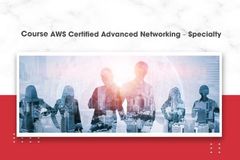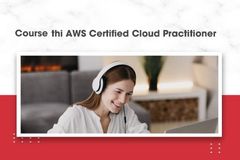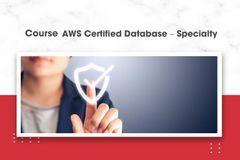"Yes. Atoha will issue a certificate of 35 contact hours at the end of the course (1 of 3 requirements for the international PMP certification exam). Atoha's contact hours are pre-approved because we are PMI ATP Premier."
AWS CERTIFIED SOLUTIONS ARCHITECT – PROFESSIONAL
AWS Certified Solutions Architect – Professional is for individuals with over two years of experience as a solution architect, responsible for architecting solutions and deploying applications on AWS. To obtain this certification, you need the AWS Certified Solutions Architect – Associate certification. Additionally, exam candidates need to demonstrate excellence in application design, management, and deployment using tools and services on the AWS platform.
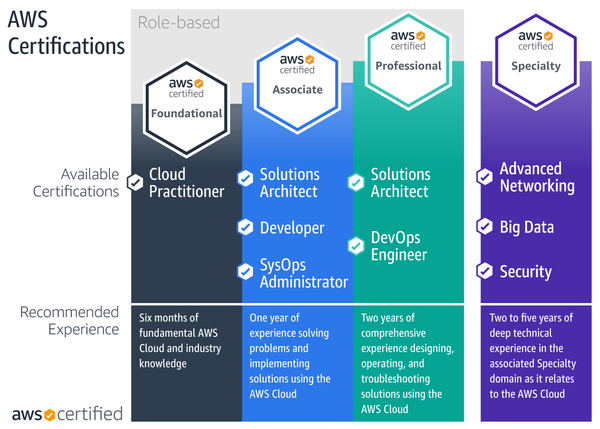
AWS certification overview
Terminology explanation:
- AWS (Amazon Web Services): A cloud computing platform from Amazon, currently widely used, providing more than 175 services with full features such as compute, database, kernel intelligence. create, machine learning ...
- AWS Certification: is a certification system that assesses expertise and practical skills on Amazon cloud computing systems.
The Value of Owning an AWS Credential
AWS Certification assesses understanding of the cloud (cloud computing), specifically Amazon Web Services (AWS) services, as well as the effective application of those services in practice; and provide the foundation needed to work with AWS services and solutions.
It can be said that owning an AWS certificate is a strong proof that you have been endorsed by one of the most prestigious organizations in the field of cloud computing. With your AWS certification in hand, you'll advance, demonstrate your skills and open up a wide range of career opportunities in the increasingly competitive Cloud market.
Statistics show that 52% of IT professionals (Information Technology) after gaining AWS professional certifications, their reports are immediately widely searched for in the organization. Furthermore, 45% of professionals effectively performed their roles and 43% improved their job performance significantly (Global Knowledge IT Skills and Salary Report 2019)
AWS Certification System
The AWS certification suite is divided into Cloud Practitioner, Architect, Developer, Operations and Specialty roles; with 3 levels of Foundational (Basic), Asociate (Members) and Professional (Professional).
Foundational: Needs at least 6 months of any position experience with basic knowledge of AWS Cloud.
Associate (Associate): Approximately 1 year of experience in problem solving and solution deployment using AWS Cloud is required.
Professional: At least 2 years of comprehensive experience required in the design, operation, and troubleshooting solutions using AWS Cloud.
Specialty: Has technical experience working with AWS Cloud in a specific area of expertise.
More Details:
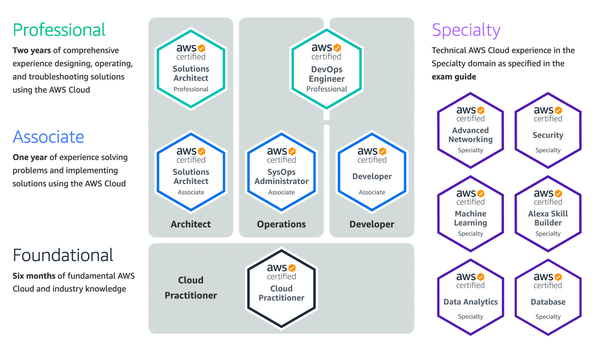
AWS Certified Solutions Architect – Professional
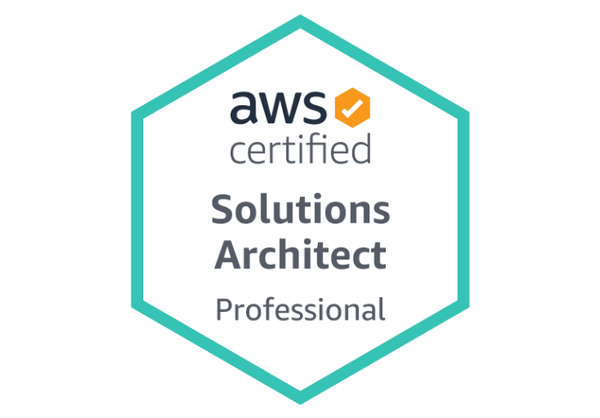
AWS Certified Solutions Architect – Professional is for individuals with over two years of experience as a solution architect, responsible for architecting solutions and deploying applications on AWS. To obtain this certification, you need the AWS Certified Solutions Architect – Associate certification. Additionally, exam candidates need to demonstrate excellence in application design, management, and deployment using tools and services on the AWS platform.
The exam also validates a candidate’s ability to complete the following tasks:
- Design and deploy dynamically scalable, highly available, fault-tolerant, and reliable applications on AWS
- Select appropriate AWS services to design and deploy an application based on given requirements
- Migrate complex, multi-tier applications on AWS
- Design and deploy enterprise-wide scalable operations on AWS
- Implement cost-control strategies
More on AWS website
Exam Outline
- Domain 1: Design for Organizational Complexity 12.5%
- Domain 2: Design for New Solutions 31%
- Domain 3: Migration Planning 15%
- Domain 4: Cost Control 12.5%
- Domain 5: Continuous Improvement 29%
TOTAL 100%
See more here
COURSE CONTENT
| Domain 1: Design for Organizational Complexity | 12.5% |
| Domain 2: Design for New Solutions | 31% |
| Domain 3: Migration Planning | 15% |
| Domain 4: Cost Control | 12.5% |
| Domain 5: Continuous Improvement for Existing Solutions | 29% |
| TOTAL | 100% |
Domain 1: Design for Organizational Complexity
1.1 Determine cross-account authentication and access strategy for complex organizations (for example, an
organization with varying compliance requirements, multiple business units, and varying scalability
requirements)
1.2 Determine how to design networks for complex organizations (for example, an organization with varying
compliance requirements, multiple business units, and varying scalability requirements)
1.3 Determine how to design a multi-account AWS environment for complex organizations (for example, an
organization with varying compliance requirements, multiple business units, and varying scalability
requirements)
Domain 2: Design for New Solutions
2.1 Determine security requirements and controls when designing and implementing a solution
2.2 Determine a solution design and implementation strategy to meet reliability requirements
2.3 Determine a solution design to ensure business continuity
2.4 Determine a solution design to meet performance objectives
2.5 Determine a deployment strategy to meet business requirements when designing and implementing a
solution
Domain 3: Migration Planning
3.1 Select existing workloads and processes for potential migration to the cloud
3.2 Select migration tools and/or services for new and migrated solutions based on detailed AWS knowledge
3.3 Determine a new cloud architecture for an existing solution
3.4 Determine a strategy for migrating existing on-premises workloads to the cloud
Domain 4: Cost Control
4.1 Select a cost-effective pricing model for a solution
4.2 Determine which controls to design and implement that will ensure cost optimization
4.3 Identify opportunities to reduce cost in an existing solution
Domain 5: Continuous Improvement for Existing Solutions
5.1 Troubleshoot solution architectures
5.2 Determine a strategy to improve an existing solution for operational excellence
5.3 Determine a strategy to improve the reliability of an existing solution
5.4 Determine a strategy to improve the performance of an existing solution
5.5 Determine a strategy to improve the security of an existing solution
5.6 Determine how to improve the deployment of an existing solution
Tuition fees: Contact Atoha for a specific consultation.
Atoha bank account information:
| Beneficiary's name | Cong ty co phan Atoha | Nguyen Si Trieu Chau |
| Bank Account | 6868 2468 | 7777 2468 |
| Bank name | Asia Commercial Joint Stock Bank (ACB) | Asia Commercial Joint Stock Bank (ACB) |
| Bank address | ACB, Tan Son Nhi, HCMC | ACB, Tan Son Nhi, HCMC |
Contact information:
Atoha Institute of Project Management – The key to professional project management
HCM: 69-71 Thach Thi Thanh, Tan Dinh Ward, District 1
Hanoi: 299 Cau Giay, Dich Vong Ward, Cau Giay District
Toronto: 10 Oakfield Dr, Toronto, ON, M8Y 1N7, Canada
Hotline: 0707 666 866 | HCM: (028) 6684 6687 | Hanoi: (024) 6686 1248
Contact Info
"Learning materials can be in English or Vietnamese depending on the class. Atoha can train in both English or Vietnamese."
"Not included. You need to pay the exam fee directly to PMI in order to register for the exam, the reference exam fee is 555usd/non-member and 405usd/member. For more information, visit: www.pmi.org"
"Some typical corporate customers are Nestle, Colgate-Palmolive, Castrol, Coca-Cola, Suntory Pepsico, Carlsberg, Schneider Electric, GEA, Sonion, Terumo BCT, Lazada, NEC, Apave, Vinamilk, VNG, MB Bank, FE Credit, PTI, Mobifone, VNPT, PV Gas, CJS, MB Ageas Life, Deha Software, PNJ, Square Group, Delta, Gamma, DSquare, Vascara, FECON, VNT19, Vingroup (HMS),.."





